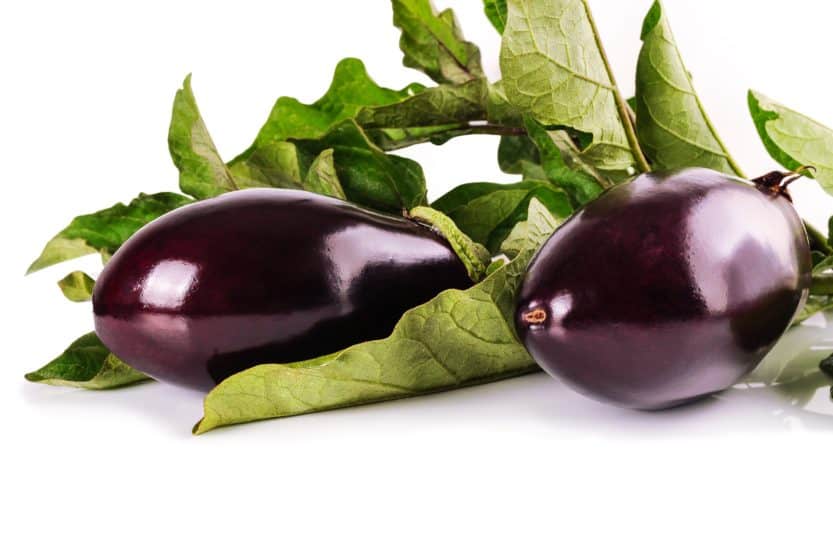Eggplants fit well into most gardens while being decorative enough to be mixed in along your walkways or planted in pots. Eggplant is a very good source of fiber, also providing good amounts of vitamin K, potassium and manganese. Eggplant has many culinary uses, ranging from stuffing the whole fruit to slicing and grilling up some delicious Eggplant Parmesan.
Buy Eggplant Seeds Online
| Image | Name | Rating | Shop |
|---|---|---|---|
 | David’s Garden Seeds Eggplant Black Beauty | ||
 | David’s Garden Seeds Eggplant Long Purple | ||
 | Black Beauty Eggplant Seeds |
Eggplant Varieties
Eggplants come in a wide variety of shapes and colors. You can grow eggplants that have a fruit that stays small and compact all the way up to varieties that grow up to a foot long. Some eggplant colors are white, purple or black, with blends of all the shades in between. The lighter the color, the milder the flavor; and a cook could add a white eggplant to a dish for just texture and not as the main focus of the dish.
Eggplant Planting Time
Since the eggplant has its origins in the tropical climate of southeast Asia, it needs a very warm climate to thrive. Eggplant seeds germinate best at a soil temperature above 55 degrees Fahrenheit (12.8 C).
Starting Eggplant Seeds Indoors
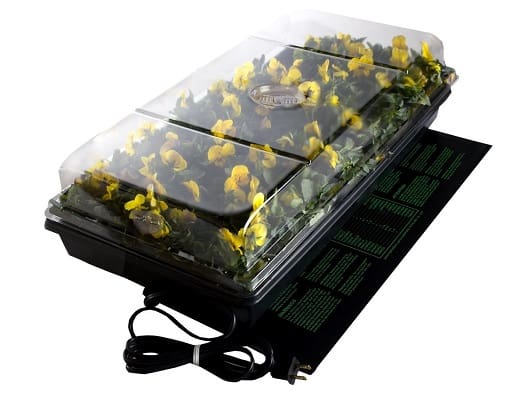
In more temperate climates, it might be best to start the eggplant seeds indoors in heated trays (Buy Online) about 4 weeks before the last frost in your area. You can allow the eggplant seedlings to grow up to 4 inches (10 cm) tall. Then, once all danger of frost has passed and before planting them in the garden, you should set the plants in the sun, increasing the length of time every day, in order to harden them off.
Planting Eggplants in a Garden
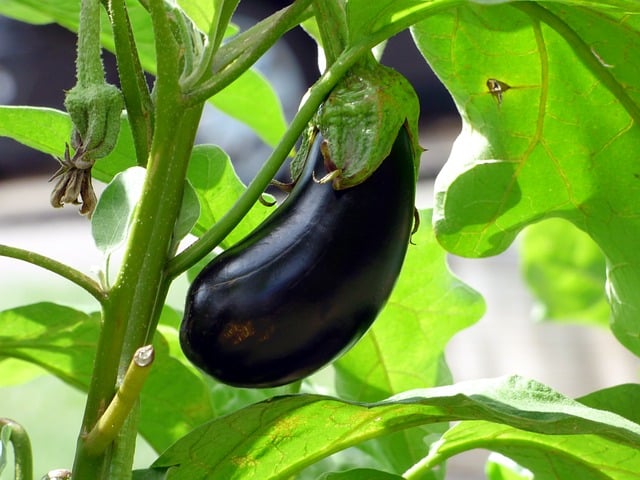
Do Eggplants Need Full Sun?
When selecting a planting site for eggplants, be absolutely sure the location has full sun at all times of the day. If you can find an area that retains more heat than other areas in your garden, then that would be an optimal place to locate your eggplants.
Eggplant Soil Requirements
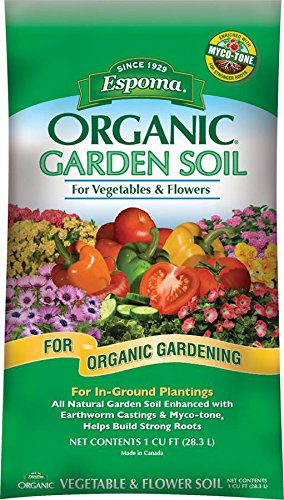
The soil (Buy Online) should have excellent drainage, with good fertility, and have a pH of 6.0 to 6.8. If your soil needs some improvement, add compost and any other amendments about two weeks before planting.
Growing Eggplant in a Raised Bed
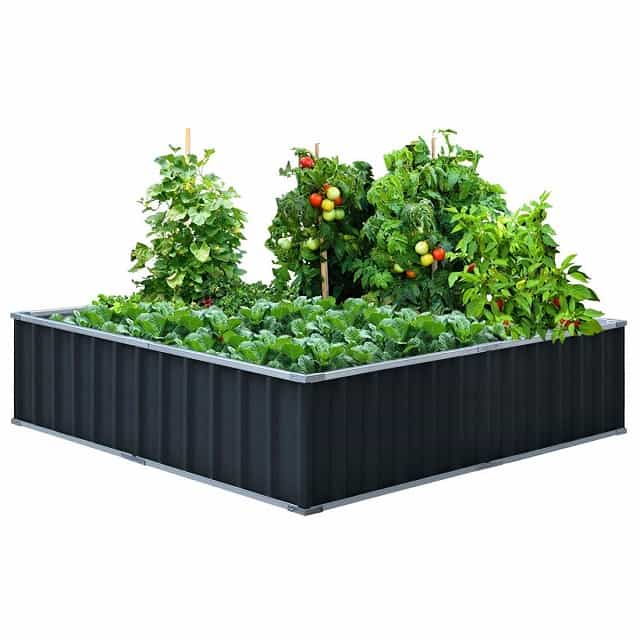
If your soil tends to stay cool well into the spring, you have two options: grow your eggplants in a raised bed, or use black plastic mulch. A raised bed (Buy Online) will have a slightly elevated soil temperature and black mulch will heat your native soil up by transferring more of the sun’s energy into the ground.
Eggplant Plant Spacing
Once you settle on the location and have prepared it for planting, you can add your seedlings and or seeds. If you are planting seeds, then put them into the soil at a depth of 0.2 inches (0.5 cm) and space them 12 inches (30.5 cm) apart, thinning them once they germinate. On the other hand, if you have seedlings to transplant, then you should place them at their final spacing of 24 inches (61 cm) apart.
Eggplant Water Requirements
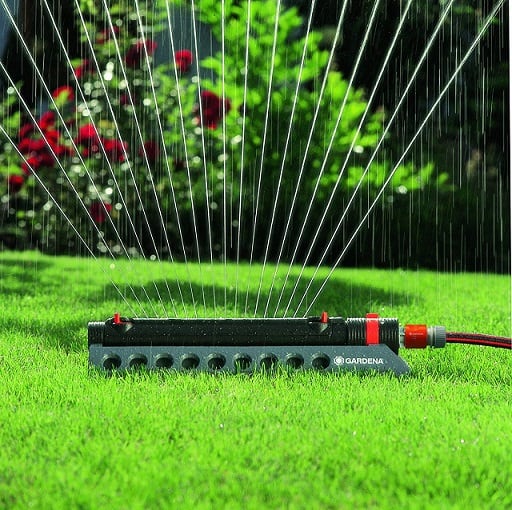
Water your seeds and/or seedlings every day for a week until they germinate or begin to perk up. Once the plants are established, they will require 1 inch (2.5 cm) of water a week. While your seedlings are still small, make sure you remove any weeds that might sap the young plants of nutrients; and if you used a black plastic mulch, this should not be a problem. Otherwise, hand pull any of the weeds closer to the plants, while working the soil with a hoe further out from the plant.
Is Eggplant Drought Tolerant?
As the season progresses, you will notice your eggplants do not suffer from high temperatures, as other plants in the garden might. This could lead you to water them less because they look healthy; however, you should resist this urge, as the fruits will need sufficient moisture to ripen. Therefore, be sure to keep the plants well hydrated.
Eggplant Care
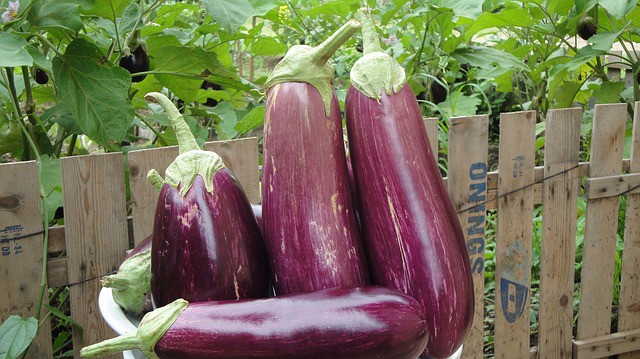
Eggplant Fertilizer Requirements
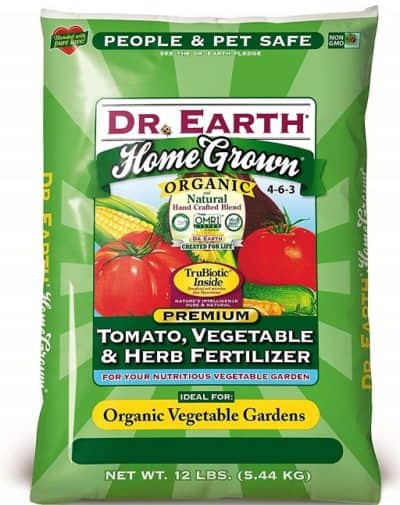
Once the eggplants have been growing for two weeks, apply a liquid fertilizer. You should continue to apply fertilizer (Buy Online) the plant every two weeks.
Does Eggplant Need a Trellis?
As the plant grows to a height of about 1 foot (30.5 cm), you should consider putting it in a tomato cage. This is the best time to prepare the plants for the heavy load of fruits that will pull down on its branches. If you are growing a smaller variety of eggplant, this added support may not be necessary.
Eggplant Diseases and Pests
While the eggplant is maturing, some diseases and pests can affect them; such as flea beetles and verticillium wilt. Flea beetles tend to chew small holes in the leaves; but, for the most part, a strong healthy plant will survive the damage, which is mostly cosmetic.
Eggplant Verticillium Wilt
Verticillium wilt, on the other hand, can devastate your plants. The best preventative measure against verticillium wilt is to avoid planting eggplants where tomatoes or other nightshades have been planted during the prior season.
When are Eggplants Ready to Pick?
Eggplants have a very narrow harvest window, so picking eggplants can be somewhat of an art. If an eggplant is still immature, it will be bitter; and if it is overripe, it will also be bitter. A fruit that is in its optimal picking window will have stopped growing and will still have a glossy skin.
When are Eggplants Ripe?
If you cut an eggplant fruit open and it has no seeds, it is immature, while a fruit with dark seeds is overripe. Once you have found that perfect eggplant, use a pair of garden scissors to cut the fruit from the plant. Since eggplants tend to cling to the stem, it’s best not to tear them from the stem, so you do not cause damage to the plant.
Storing Eggplant from Garden
Eggplants will keep in the refrigerator for a few days but are best eaten fresh. Once you cut an eggplant, it will begin to discolor very quickly; and if you want to avoid this, marinate them with an acid such as vinegar or lemon juice.


